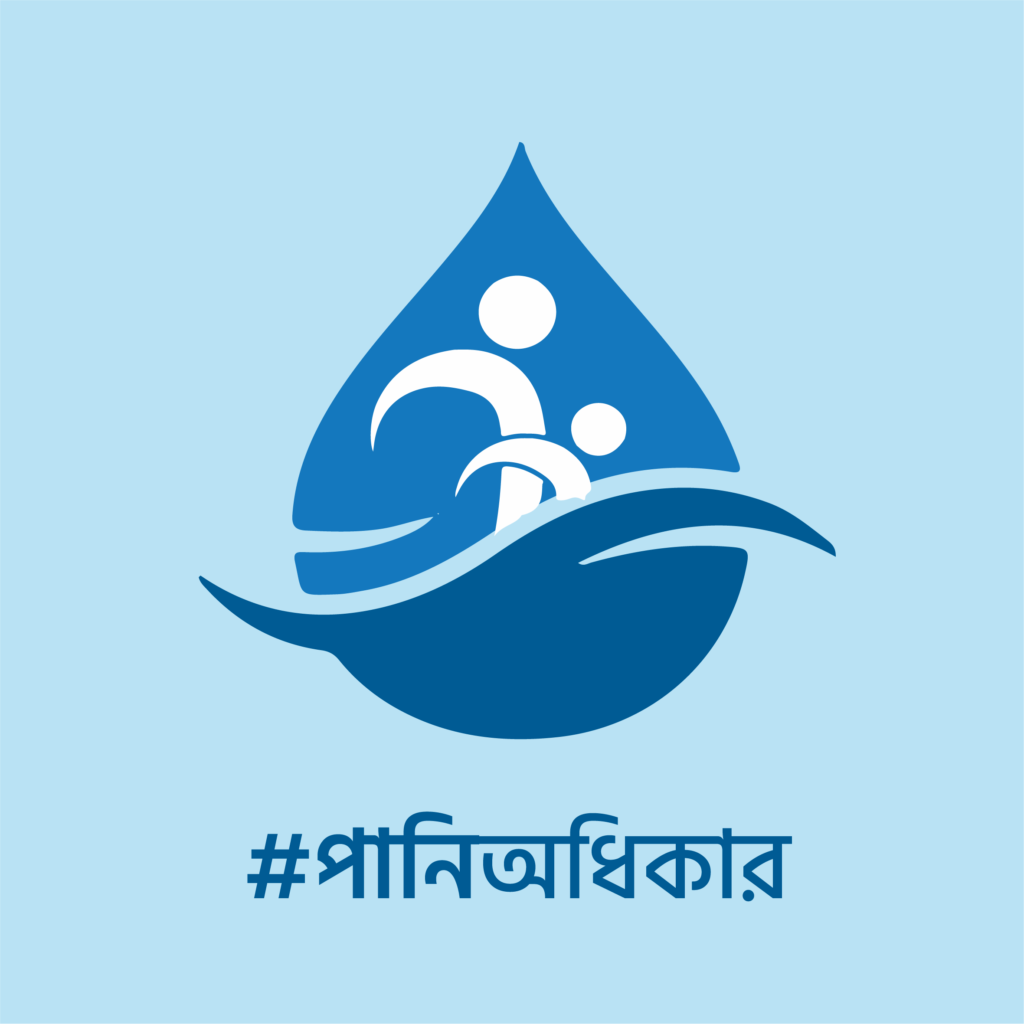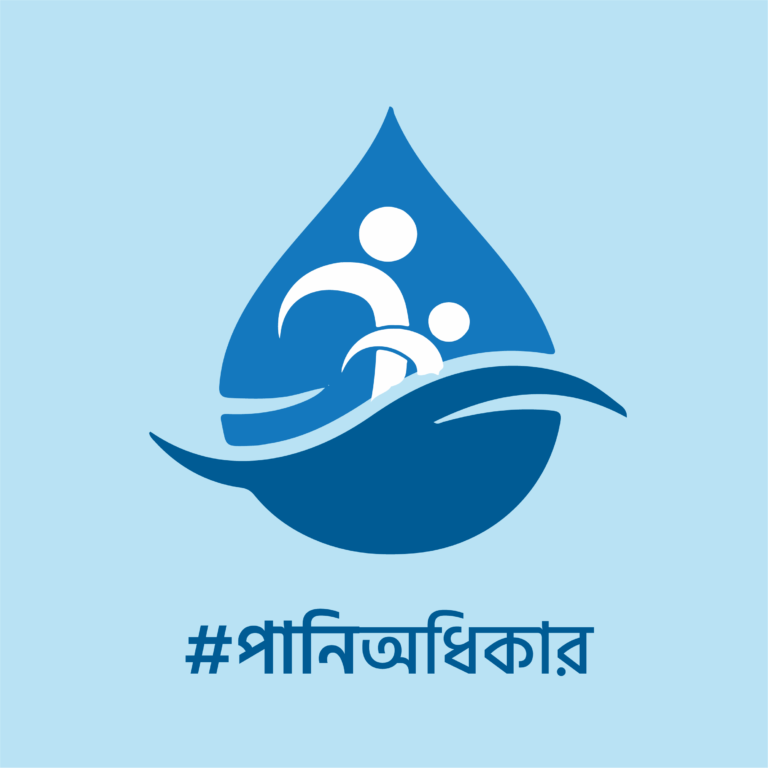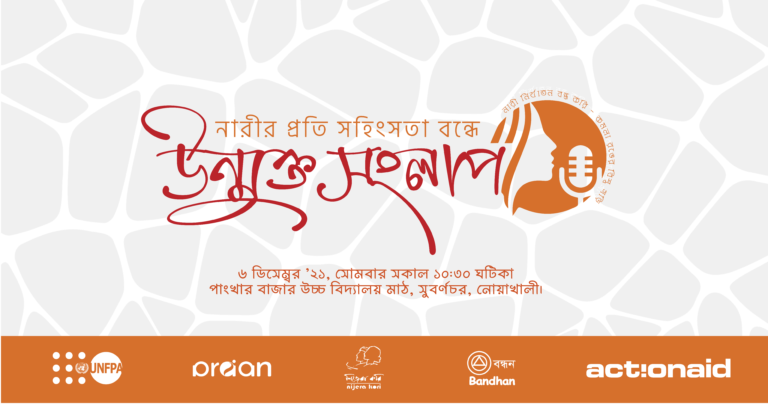On earth, Human cannot imagine life without water. Water is necessary to improve the environment, food production, health, and economy of a community. But, approximately one fourth of the population has no access to safe drinking water in Bangladesh (WHO). Ground water is the principal source for collecting drinking water of the country. Rural populations are heavily dependent on ground water sources. It is estimated that 73 percent of the rural population use tube wells as a source of drinking water.
Bangladesh has a long (710 km) coastline in the Bay of Bengal and 76 Upazilas of 19 coastal districts are likely to be affected by rise of sea level. Consequently, around 15 million people drink saline water. In addition, millions of people are unable to collect potable water due to the lack of available safe sources in the coastal area. The lives and livelihoods of the population are affected due to water salinity, arsenic, water logging, pollution, risks from climate change, and so on. Fresh water sources like tube wells, ponds, and water bodies are inundated regularly due to the floods or tidal surges. In recent times, Groundwater of these areas have been desiccated. Unplanned abstraction of groundwater and increased dependence on groundwater for the depletion of water in deep tube wells, as well as diversion of rivers, neglect of rainwater or surface water storage in canals can be considered as main reasons for this situation.
The activities of agricultural farms and offices are being disrupted due to the shortage of water. People have become restive in search of drinkable water, going from one place to another. Even if someone is fortunate enough to see the water rise a little, it barely fills the pitcher after prolonged pressing on the tube well. The lines of people converging to reservoirs are long and full of exasperation. Looking back to the past few decades, this event is indeed an anomaly. Even in the dry season people could obtain pure water from tube wells. Such an absence of water can give rise to major disasters in the region. As people are not getting any pure water, they are left with no option but to be dependent on saline and shallow arsenic water which is severely detrimental to health.
Ensuring access to safe drinking water will ensure sustainable human health and socio-economic development of coastal communities. Therefore, it is urgent to sensitize the local policymakers, representatives and government officials, initiate mass campaigns and swift action to create public opinion on this crisis should be the prime priority.
Objective
To build a youth effort to improve access to freshwater for all by conserving the water ecosystem in the coastal areas of Bangladesh.
Strategy
Evidence Generation
Alliance Building
Knowledge management
Popular Mobilization
Advocacy/ Dialogue
Activity
- Formulation of the Coastal Water Alliance
- Organize a diagnostic workshop for the alliance [Water bootCamp]
- Organize District level Consultation
- Community level Mobilization by young peopls
- Media training for coastal journalist
- Conduct a Study : Scarcity of fresh Water in the Coastal Bangladesh
- Publish a Policy brief
- Develop campaign materials
- Piloting a community potable water plant
Working area
Coastal area of Bangladesh
(Shariatpur, Chandpur, Satkhira, Khulna, Bagerhat, Pirozpur, Jhalakati, Barguna, Barisal, Patuakhali, Bhola, Lakshmipur, Noakhali, Feni, Chittagong, and Cox’s Bazar).




